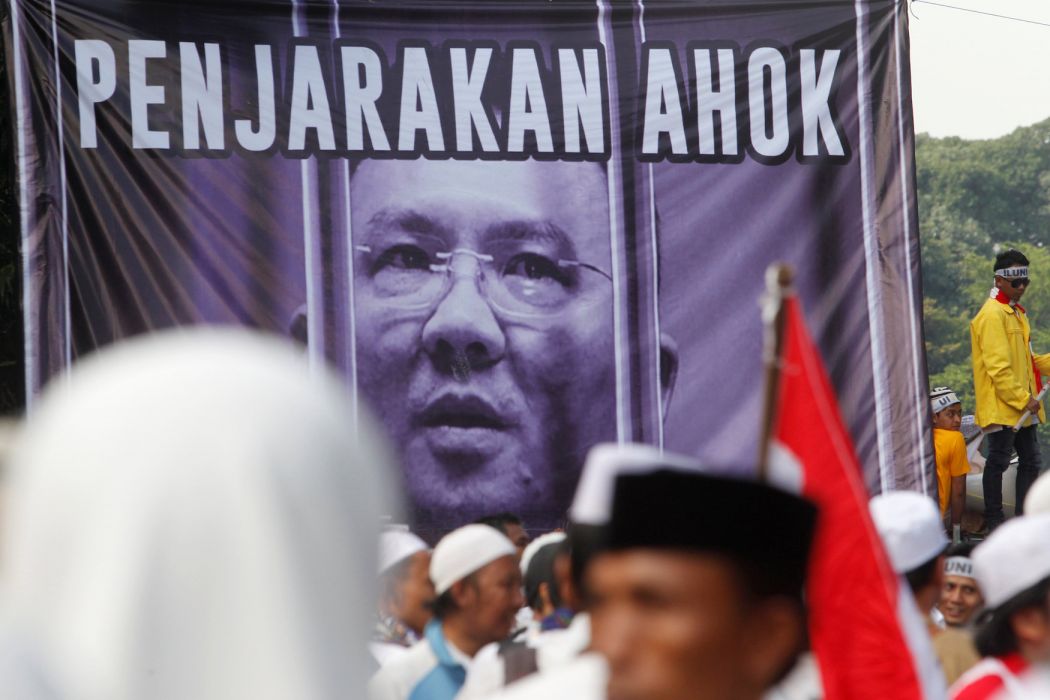Supporters of former Governor Basuki “Ahok” Tjahaja Purnama hoping for the reduction of his controversial blasphemy sentence would be massively disappointed as the Supreme Court (MA) this afternoon rejected his judicial review (PK).
The decision was reached by the three MA judges overseeing the judicial review, as confirmed by MA spokesperson Suhadi.
“It’s been decided. The outcome is rejection,” he said, as quoted by Detik.
Many were shocked last month to learn about Ahok and his legal team’s decision to file a PK, considering that he is already nearly one year into his 2-year sentence and he had previous decided against filing an appeal against the verdict.
However, a PK is legally distinct from an appeal and carries fewer risks (such as the possibility of having one’s prison sentence increased if they lose their appeal). A PK can be filed on the basis of new evidence or circumstances in a case.
For Ahok’s PK, the major new piece of evidence is the guilty verdict in the case of Buni Yani, the man who uploaded a short clip of a speech Ahok gave in the Thousand Islands that contained the alleged blasphemy against Islam. Buni Yani was sentenced in November for spreading hate speech by sharing just a 30-second clip of the nearly 2-hour long speech (along with an inaccurate transcript). The incendiary clip was the primary incitement for the anti-Ahok protests that eventually led to the former governor’s election loss and imprisonment.
As we understand the argument from Ahok’s side, the verdict in his case and Buni Yani’s case are based on directly contradictory legal opinions. Buni Yani was convicted largely because the judges said that his editing of the clip had been meant to incite hatred, and yet in Ahok’s case the judge determined that the clip being edited had not affected the blasphemous nature of what Ahok had said about a verse from the Koran.
Ahok was convicted of blasphemy against Islam and sentenced to two years in prison in May 2017.





Reader Interactions